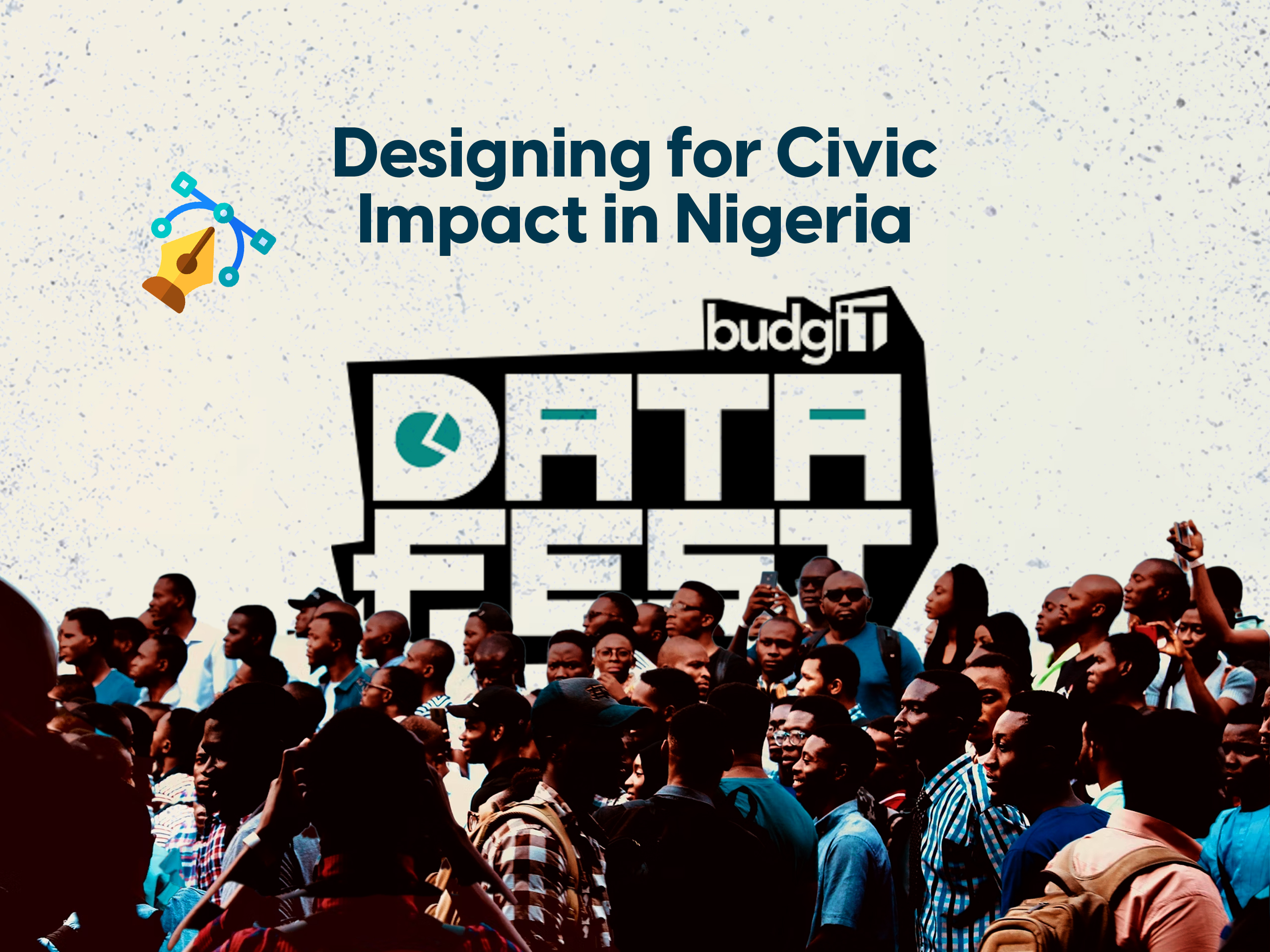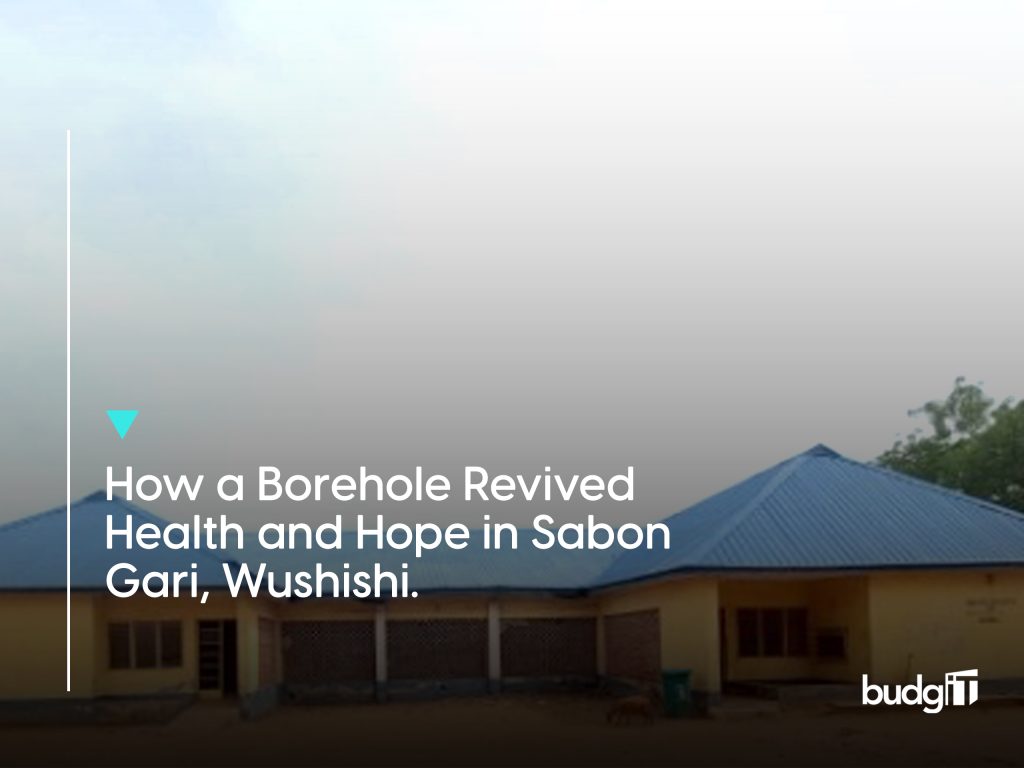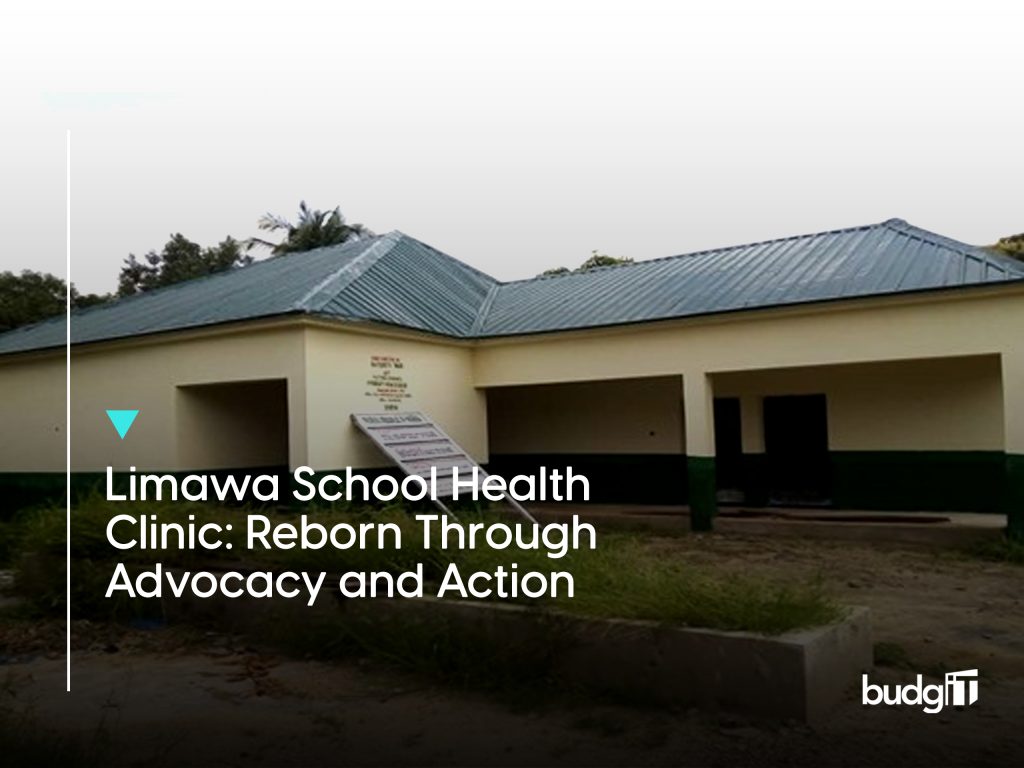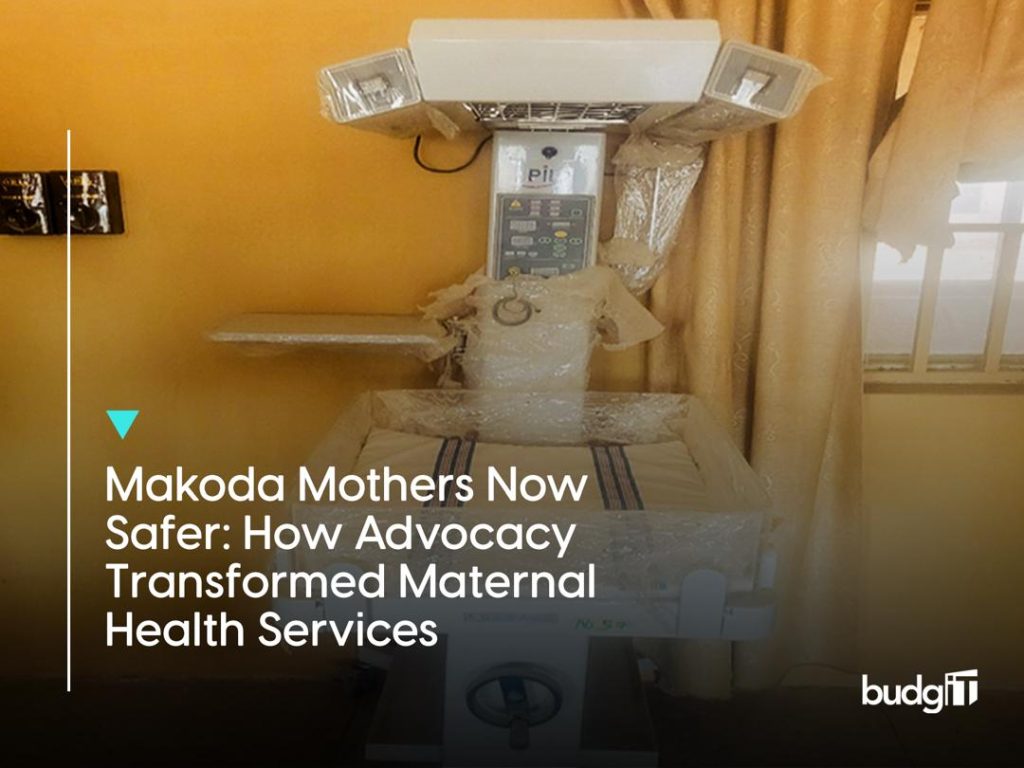On Thursday, May 29, 2025, BudgIT hosted its much-anticipated Data Fest 2025, an event that brought together a vibrant mix of designers, researchers, policy analysts, communications experts, and civic technologists, all with one mission: to design Nigeria’s 2025 budget into bold, data-driven ideas that drive accountability in Nigeria’s governance space.
Set against the backdrop of Nigeria’s complex budget realities, from ghost projects to inflated contracts, Data Fest 2025 was not just a design sprint. It was a rallying call to build tools, stories, and ideas that could help everyday Nigerians make sense of public finance and demand better from their government.
Led by Ibukunolu James, Research and Policy Analyst, the preamble session titled ‘Budget Data Basics’ broke down how Nigeria’s budgets are designed, and the systemic challenges that often accompany them. She walked participants through key issues like budget insertions, duplicated line items, and constituency projects that exist only on paper but never reach the communities they are meant for.
Ibukun emphasised that the budget isn’t just a technical document for economists or lawmakers, it’s a powerful tool for every citizen. “One of the most important documents in a country is the budget, as it breaks down developmental expenditures,” she stressed. “It tells us where our resources are going, who is being prioritised, and what projects are promised. But more importantly, it gives us the power to hold leaders accountable. Without understanding the budget, it’s easy for funds to be mismanaged in plain sight. That’s why creative analysis and simplified interpretation are crucial, so ordinary Nigerians can see through the jargon and ask the right questions.”
She concluded by encouraging citizens to engage with budget data not just as numbers, but as narratives that reveal the government’s priorities and track record.
Speaking on “Design 101: Principles for Civic Impact,” Ayomide Ilesanmi, BudgIT’s Digital Designer, delivered an insightful crash course on design thinking for social good. He introduced participants to essential visual design tools such as Figma, Canva, and Adobe Illustrator, emphasising the importance of vector-based platforms for scalability, clarity, and precision in design.
Ayomide stressed that in civic communication, design is not just about aesthetics; it is about function and inclusivity. “A good budget design doesn’t just look pretty, it helps someone in Sokoto or Bayelsa understand how their money is being spent,” he explained.
He further encouraged participants to adopt a design approach that simplifies complex data, making it not only visually appealing but also easy to comprehend at a glance. “We have a civic duty to make data digestible. When you think and design with clarity in mind, you create materials that are beautiful enough to invite a second look and clear enough to be understood by everyone,” Ayomide noted.
By prioritising accessibility, clarity, and visual hierarchy, he explained, designers can turn abstract budget numbers or policy jargon into engaging civic content that informs and empowers citizens.
After three hours of focused teamwork, brainstorming, and creative design sessions, the teams presented their final pitches. Here’s a quick look at the outcomes of their impressive efforts:
Team Civic Gator
Team Civic Gator transformed the agriculture sector’s budget into an interactive flip card game, making it accessible and engaging for everyday Nigerians. Each card in the game represents a component of the agriculture budget, allowing users to learn about allocations, priorities, and challenges through play. This gamified approach encourages deeper public understanding of budgetary issues in the agriculture sector while promoting civic education in a fun and memorable way.
Team Trail
Team Trail focused on the health sector, developing a comprehensive infographic that breaks down all key components of the health budget. With a keen eye for design, they employed visually compelling elements—such as icons, colour coding, and data visualisation—to simplify complex information. Their work enables citizens to grasp the structure, funding priorities, and policy focus areas of the health budget at a glance.
Team AdvoKC
Team AdvoKC analysed the education sector’s budget over several years, presenting a clear depiction of trends, changes, and funding patterns. Through data storytelling and visual aids, they highlighted shifts in allocation, policy direction, and outcomes. Their work provides citizens, advocates, and policymakers with a deeper understanding of how education funding has evolved and where critical attention is needed for future investment.
Team Incredible
Team Incredible took a deep dive into Nigeria’s defence sector budget, presenting a compelling and data-driven narrative supported by visuals, including infographics and comparative graphs. Their analysis shed light on the internal allocation patterns within the defence budget, examining how funds are shared across various arms of the sector. The team also compared Nigeria’s defence spending with that of other countries to provide context and assess proportionality.
They emphasised the urgent need for improved budget prioritisation, especially in light of the country’s security challenges, while advocating for stronger institutional frameworks that promote transparency, accountability, and measurable outcomes in the utilisation of defence funds.
After thoughtful deliberation, the judging panel commended the participants for their high level of critical thinking, creativity, and ability to address pressing civic challenges through their projects. The feedback was unanimous: the quality of ideas presented at Data Fest 2025 demonstrated not only innovation but a deep understanding of Nigeria’s governance gaps.
“These are not just pitches. They are solutions Nigeria desperately needs,” said Joseph Amenaghawon, Head of Civic Hive and the lead judge for the event. “As civic actors, our job is to make government work for the people. What you’ve built today — these tools, these ideas — they’re not just projects. They’re part of a larger mission to make governance in Nigeria more transparent, more inclusive, and more accountable,” he continued.
On his part, BudgIT’s Group Head of Research, Vahyala Kwaga, commended the participants for their analytical depth and creativity in translating complex budget data into accessible formats. He noted that the event demonstrated how young civic actors, when equipped with the right tools and knowledge, can play a critical role in making public finance more transparent and understandable. Vahyala emphasised that the budget should not remain confined to technical documents but must be transformed into engaging content that informs citizens and encourages accountability. He reaffirmed BudgIT’s commitment to supporting initiatives that foster civic innovation and bridge the gap between government data and public understanding.
Data Fest 2025 served as a strong reminder that civic innovation does not require permission — only purpose, people, and a commitment to change. With the 2026 budget season on the horizon and the country facing significant fiscal challenges, the tools prototyped at this event have the potential to be transformative. They represent the kind of grassroots-driven accountability solutions that can shift the tide toward more open and responsive governance in Nigeria.



